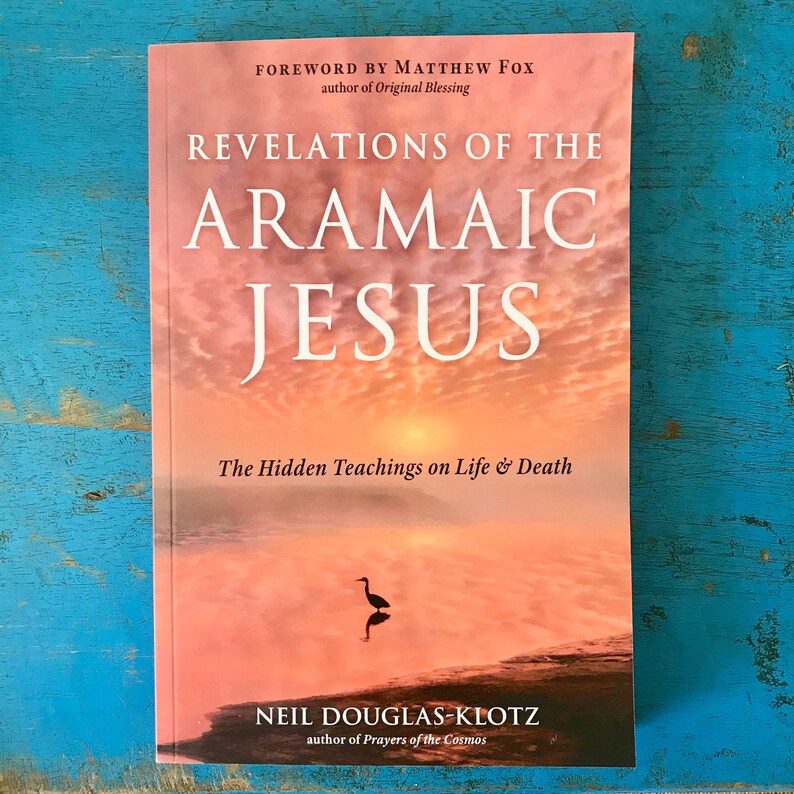The Aramaic Jesus
Revelations of the Aramaic Jesus: The Hidden Teachings of Life and Death, Neil Douglas-Klotz (Hampton Roads, Charlottsville, 2022).
There is an old saying that goes, “It loses something in the translation.” Neil Douglas-Klotz would agree, and it is the main point in his book, Revelations of the Aramaic Jesus. Students of the Bible often study the languages of Greek and Hebrew, the languages of the Hebrew Scriptures and the New Testament. Douglas-Klotz points out, however, that Jesus never spoke Greek and rarely used Hebrew in his daily conversations. Jesus’ primary language was Aramaic.
Using the oldest Aramaic versions of the New Testament, Douglas-Klotz offers his readers fresh translations of “The Lord’s Prayer,” The Beatitudes,” and many of Jesus’ parables. He examines each word. The word’s etymology is explained, its West Asian setting is described and the translation is offered from a first century Mid-East perspective. For example, the common opening to The Lord’s Prayer, “Our Father which art in heaven” is translated “From the divine source a breath from the heart is coming into the appearance of form in a mysterious way, giving birth to something new this moment: my life.” A whole new understanding of this passage opens up and with it a treasure trove of thoughts to ponder.
Revelations of the Aramaic Jesus is not a quick read. It is rather a devotional on which to reflect for weeks, months and perhaps a year. Each section provides much fodder on which to ruminate during one’s meditative or contemplative prayer. At the conclusion of each chapter and sub-chapter, Douglas-Klotz provides meditative material that involves body, mind, and soul.
I highly recommend this book, especially if you are seeking deeper devotional material than a mere Bible verse and brief meditation.
I received this book free from the author and/or publisher through the Speakeasy blogging book review network. I was not required to write a positive review. The opinions I have expressed are my own. I am disclosing this in accordance with the Federal Trade Commission’s 16 CFR, Part 255.


